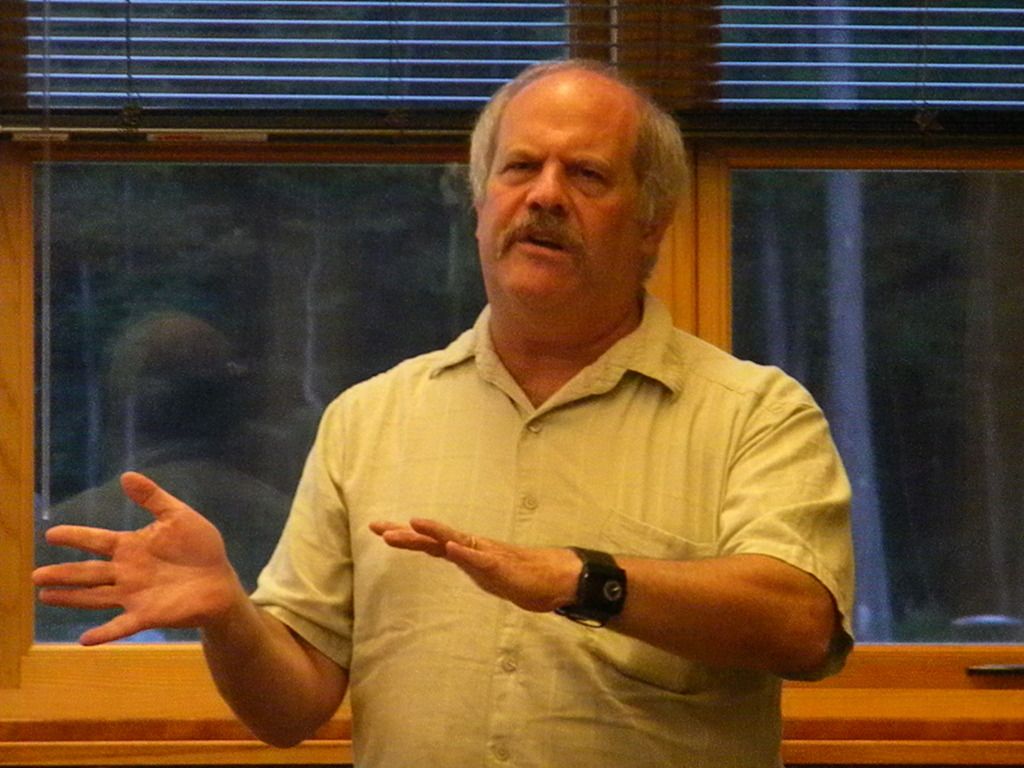When Scientists Disagree
 |
|
Dr. Kenneth Klemow, Wilkes University
|
By: Morgan Myers
Director of Communications and Outreach
Responsible Drilling Alliance
Responsible Drilling Alliance attended the Sullivan County Energy Task Force meeting last week entitled "When Scientists Disagree." Dr. Kenneth Klemow, Associate Director of the Institute for Energy and Environmental Research, delivered the presentation.
The presentation began with the classic Indian parable of
The Blind Men and the Elephant. The blind men each grope different parts of an elephant and begin arguing about what elephants are like. The man who felt the elephant's tail says an elephant is like a rope, the man who felt the ear insists an elephant is like a fan, and so on. Finally a wise man approaches the blind men and says, "You're all right - you're just feeling different parts of the elephant." The moral? We have to step away from our limited perspectives to understand what the Marcellus Shale 'elephant' is really like.
"Science is more than facts - it's also discovery," said Dr. Klemow. "Disagreement arises primarily when scientists have to interpret data sets that are limited."
Dr. Klemow discussed the innate tensions between basic and applied science, activists and non-activists, and popularizers and non-popularizers. "Researchers filter science based on their perspectives, education, and exposure to literature," said Dr. Klemow. "Disagreements are typically handled collegially, but not always."
The backlash following
Duke University's study on Marcellus-type brine in shallow drinking water aquifers is a prime example of a gloves-off scientific dispute.
"Penn State Geologist Dr. Engelder accused the Duke scientists of doing advocacy-based science," said Dr. Klemow. "That accusation goes beyond basic disagreement and enters the realm of personal attack. It's like accusing your neighbor of beating his wife."
But instead of calling for better science we often attack the scientists. "All parties must act responsibly to ensure decisions are based on rational, fact-based science and not arm-waving," said Dr. Klemow. "We need to take a new approach that requires collaboration between concerned citizens, policy makers, and scientists."
Dr. Klemow also warned against cherry-picking facts and allowing the debate to become polarized. "Trust and respect must be built," he said.
"Science is self-correcting, but getting to the truth may take time," said Dr. Klemow. "We need to be more interested in compromise, and less interested in winning arguments."